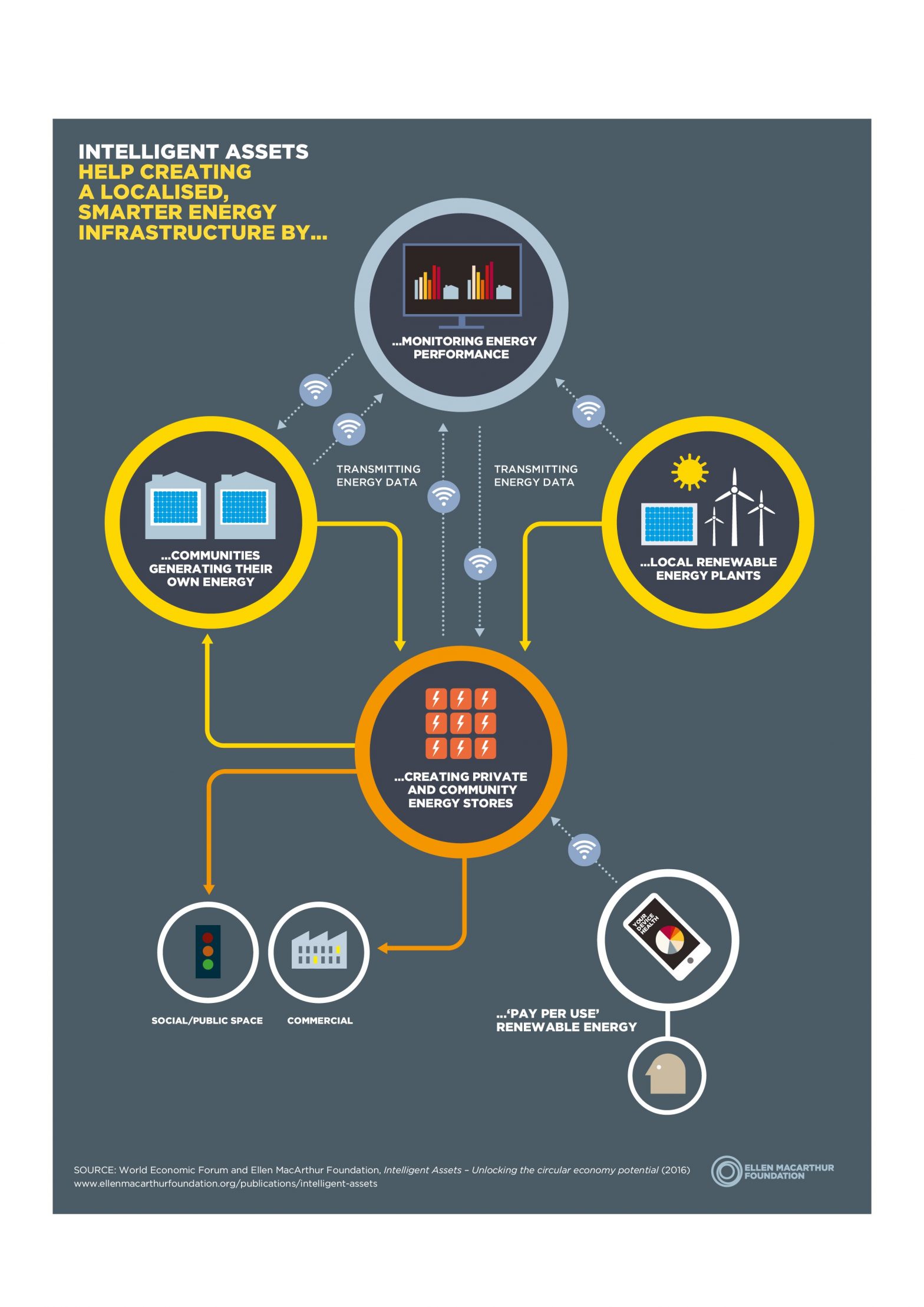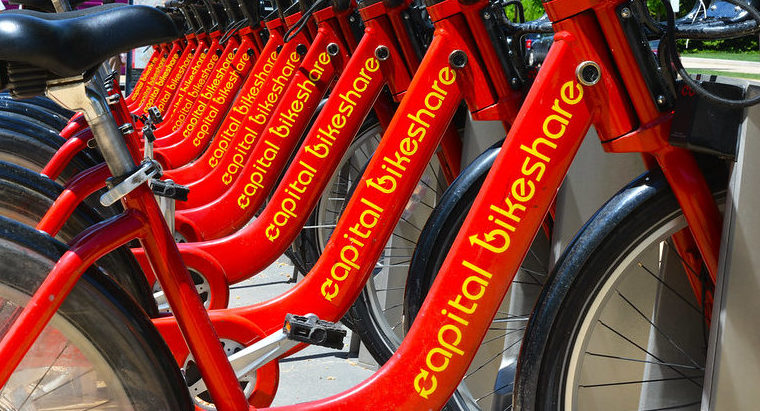
IoT is crucial for circular economy development, reveals new report
03 March 2016
by Nick Michell
A new report, Intelligent Assets: Unlocking the circular economy potential, launched by the Ellen MacArthur Foundation, World Economic Forum, and McKinsey & Company asserts that pairing circular economy principles with emerging Internet of Things (IoT) technologies could be vital for driving innovation and moving towards a prosperous economy in the future.
“This report, is an initial exploration of the potential synergies between the principles of a circular economy and emerging technological trends,” Joss Bleriot, Executive Officer, Lead for Editorial and Policy, Ellen MacArthur Foundation, told Cities Today. “Circular economy product design and business models rely upon either extending an asset’s use cycle, increasing its overall utilisation, or enabling the looping and cascading of components and materials. Making these value drivers economically viable requires more information, which is where IoT technologies are vital, providing data around the location, condition and availability of assets operating as part of these new models.”
With up to 50 billion devices predicted to be connected to the internet by 2020, a digital transformation is reshaping the economy. The report establishes that the interplay between the value drivers of a circular economy, which aims to keep products and materials at their highest value at all times, and those generated by a network of intelligent assets (or Internet of Things), presents significant opportunities for almost every part of society.
Intelligent devices provide an abundance of information about the location, condition and availability of assets, all critical factors enabling the maximisation of use rates and looping of materials back into the system, both of which are core principles of a circular economy.
“This report presents a full picture of the myriad technologies, business models and disruptions at the intersection of the IoT and circular economy,” said Dominic Waughray, Head of Public-Private Partnership, World Economic Forum. “When viewed as a whole, it is clear that this will usher in a new transformational paradigm of economic growth. If the public and private sector can come together to skillfully navigate this new era, the benefits will be immense.”
Complemented by independent views from leading thinkers in the field such as Kenneth Cukier (The Economist), Bernard Meyerson (IBM) and Nicolas Cary (Blockchain), the report presents early-stage applications in manufacturing, energy and utilities, built environment and infrastructure, logistics and waste management, and agriculture and fishing. Together, they illustrate an opportunity with a clear focal point in cities. For example, the potential for access to a distributed, grid-free energy infrastructure is greatly enhanced, as is the potential to increase the sharing of mobility solutions within cities.
The report was produced as part of Project MainStream, a multi-industry initiative that aims to accelerate business-driven innovations to help scale the circular economy.








